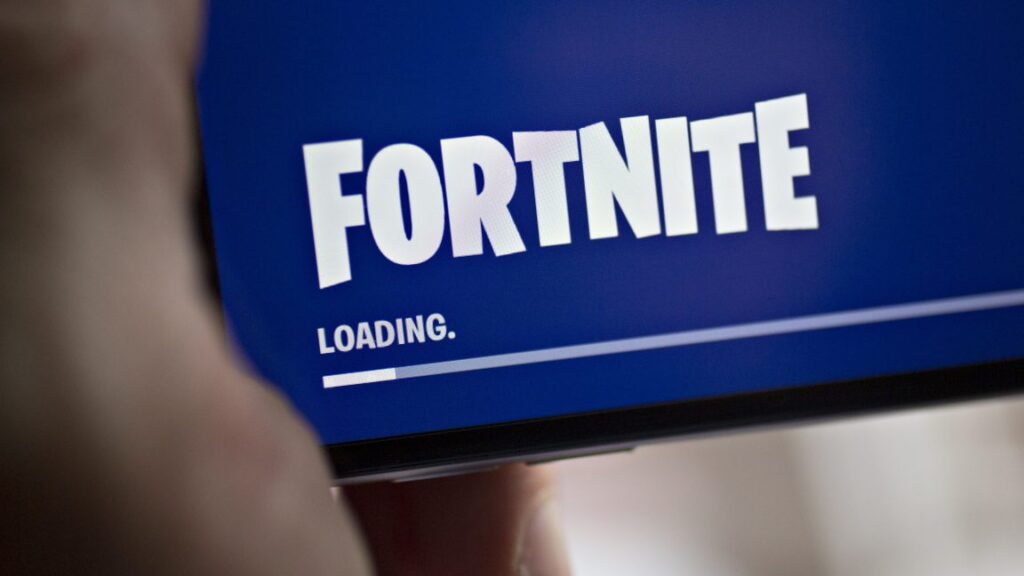Fortnite will return to iOS as court slams Apple’s “interference“ and ”cover-up“
In a statement provided to Ars Technica, an Apple spokesperson said, “We strongly disagree with the decision. We will comply with the court’s order and we will appeal.”
An Epic return
With the new court order in place, Epic says it will once again submit a version of Fortnite to the iOS App Store in the US in the next week or so. That new version will offer players the option to use standard Apple App Store payments or its own, cheaper “Epic Direct Payment” system to purchase in-game currency and items.
That would mirror the system that was briefly in place for iOS players in August 2020, when Epic added alternate payment options to iOS Fortnite in intentional violation of what were then Apple’s store policies. Apple removed Fortnite from the iOS App Store hours later, setting off a legal battle that seems to finally be reaching its conclusion.
For those few hours when Epic Direct Payments were available on iOS Fortnite in 2020, Sweeney said that about 50 percent of customers “decided to give Epic a shot,” going through an additional step to register and pay through an Epic account on a web page outside the app itself (and saving 20 percent on their purchase in the process). The other roughly 50 percent of customers decided to pay a higher price in exchange for the convenience of paying directly in the app through the iOS account they already had set up, Sweeney said. “Consumers were making the choice… and it was a wonderful thing to see,” he said.
Speaking to the press Wednesday night, Sweeney said the new court order was a “huge victory for developers” looking to offer their own payment service alongside Apple’s on iOS devices. “This is what we’ve wanted all along,” he said. “We think that this achieves the goal that we’ve been aiming for in the US, while there are still some challenges elsewhere in the world.”
While Sweeney said the specific iOS developer account Epic used to publish Fortnite in 2020 is still banned, he added that the company has several other developer accounts that could be used for the new submission, including one it has used to support Unreal Engine on Apple devices. And while Sweeney allowed that Apple could still “arbitrarily reject Epic from the App Store despite Epic following all the rules,” he added that, in light of this latest court ruling, Apple would now “have to deal with various consequences of that if they did.”
Fortnite will return to iOS as court slams Apple’s “interference“ and ”cover-up“ Read More »


